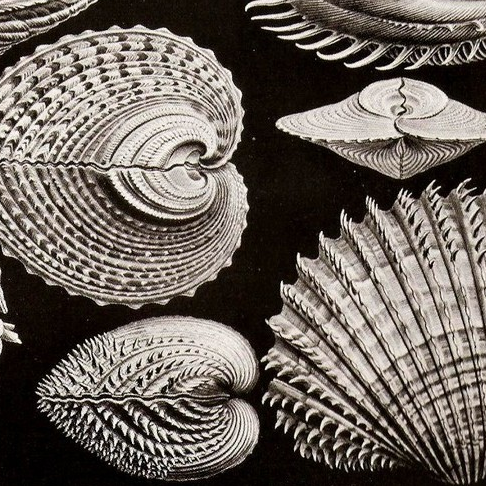Category: Historiography
-
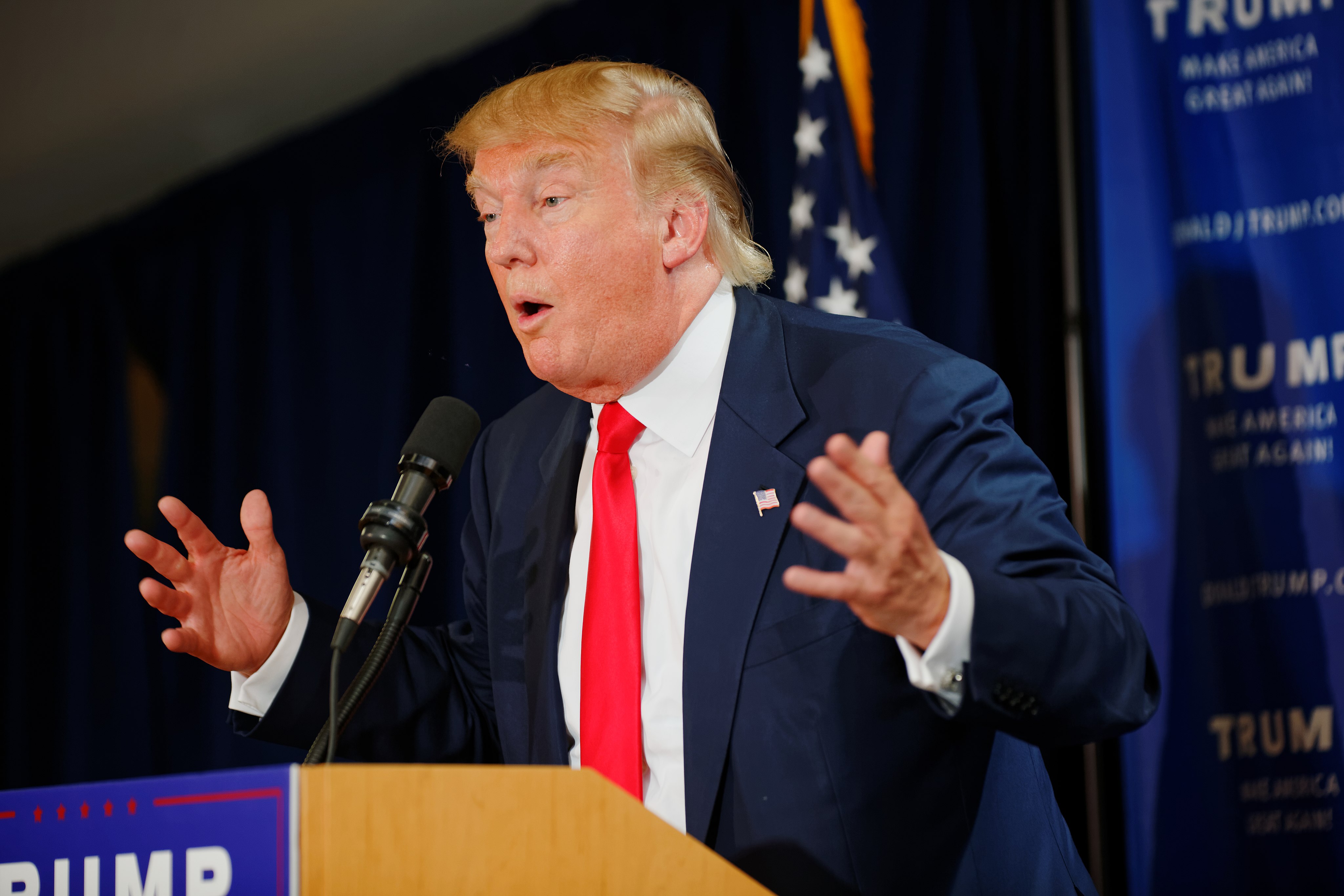
The rise and fall of the fact: History of science in times of post-truth and alternative facts
With the boisterous rise of populism in politics and public debate, politicians and the media seem to deal with the truth in an increasingly dubious manner. We have entered—it is said—the era of ‘post-truth’, ‘fake news’, ‘alternative facts’, and ‘fact-free’ politics. In this essay, I argue that history of science can help putting these developments…
-

Lezen of niet-lezen, dat is de vraag
Onlangs kreeg ik van iemand die kennelijk wat aan mijn gevestigde opvattingen wilde rammelen het boek van Pierre Bayard kado, How to talk about books you haven’t read (2007). Bayard is Fransman, psychoanalyticus en doceert in Parijs Franse literatuur. Die combinatie belooft meestal niet veel goeds, maar het boek is werkelijk heel leesbaar. Daarmee kon…
-
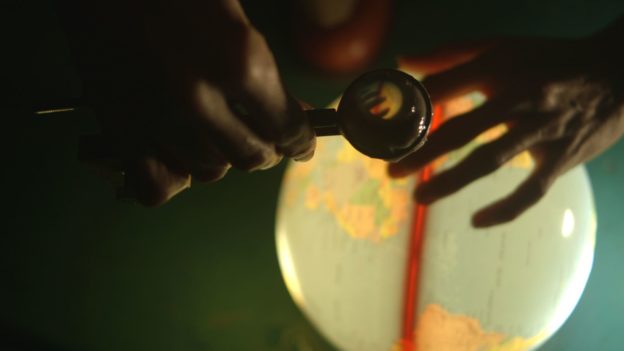
In Waking Hours: Historical reconstruction, film, and why we need more diversity in academic output
On 6 December 2016 Katrien Vanagt, a historian of science and filmmaker, gave a guest lecture on early modern experiments in anatomy and optics within Prof. Sven Dupré’s Master course “Art and knowledge: Light, Color and Perspective in Art” at University College Utrecht. First, we watched her documentary In Waking Hours, co-produced with film maker…
-
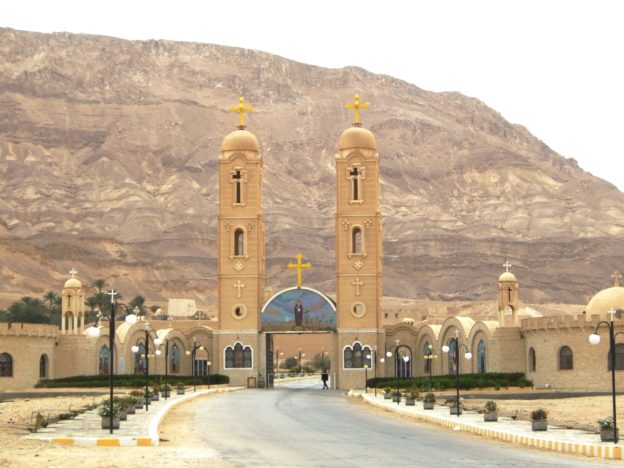
Probing the Boundary between Knowledge and Science in the History of Psychology: The Late Antique Roots of Introspection
The period of transition from classical antiquity to the Middle Ages, known as late antiquity, gave rise to some of the elements that have since constituted the identity of the Western self. It also gave rise to new lines of psychological investigation, of which Western psychology is the remote heir. Psychology, however, did not exist…
-
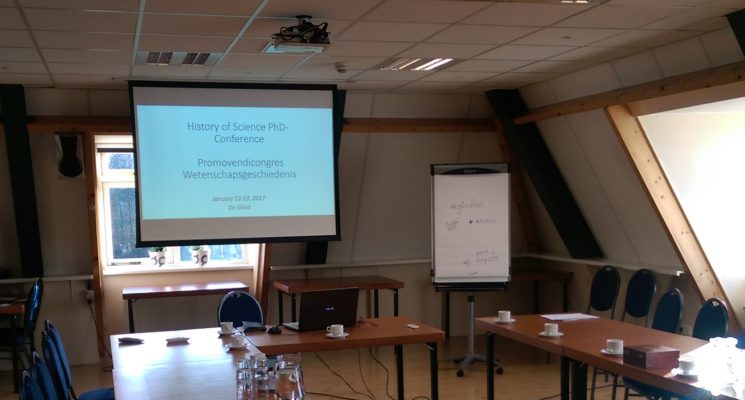
The De Glind Conference and the Twilight of Disciplinarity
The History of Science PhD-Conference at De Glind is the successor of the biennial conferences at Rolduc. Two years ago, Hans Schouwenburg noticed a remarkable diversity of topics in his report of the Rolduc gathering. A great variety again characterized this year’s meeting. This was clearly reflected in the different backgrounds of the participants. Though…
-
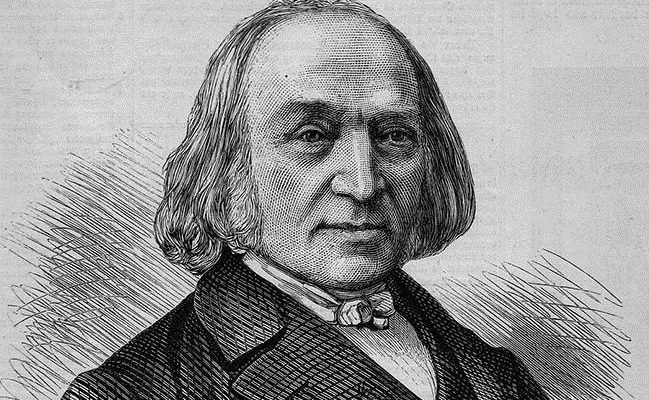
Gossip at the Academic Playground
Thinking about nineteenth-century scholars we tend to picture well-behaved members of polite society. The paintings and pictures of old faculty members that still adorn so many contemporary university halls and lecture rooms show earnest and erudite men who seem to be miles above ordinary pettiness. Some of these men have indeed made extraordinary contributions to…
-

The missing history of the ‘laws of nature’
As historians, we historicize. Indeed, it is our firm belief that everything in our world is open to historical analysis and that, in the case of a job well done, the result will invariably be a deeper understanding of the object of our study. In fact, the more timeless and placeless this object appears to…
-
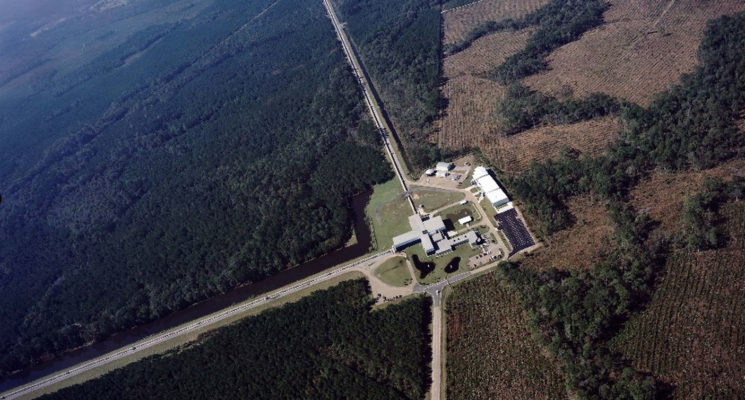
SSK.O. ?
The recent discovery of gravitational waves has impressed many people and has caused considerable stir in the community of physicists. Surprisingly this commotion has not spread to the community of historians of science. This is surprising because I believe that the claim to have detected gravitational waves constitutes a serious blow to the stronger versions…
-
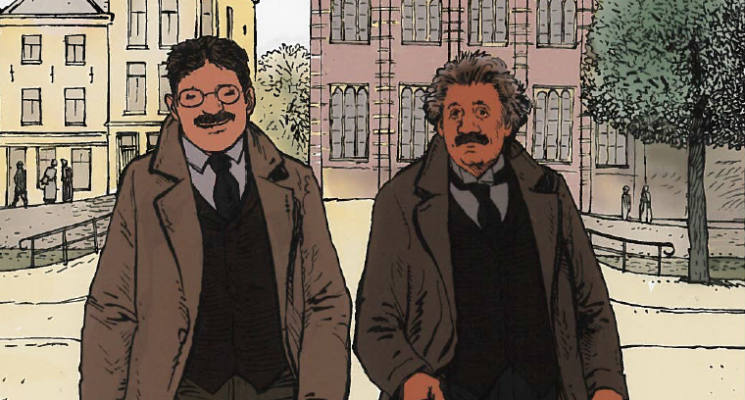
History of science in comic books
Fred de Heij (illustraties), Ad Maas (tekst), Ehrenfest! (Museum Boerhaave, Leiden 2015), 50 pagina’s, € 7,95. Als er één natuurkundige een stripverhaal waardig is, dan is het Ehrenfest. Zijn leven is op zich al bijna een stripverhaal. Deze energieke fysicus wist in een tijd van verwarrende ontwikkelingen de natuurkunde te verlevendigen door deze te vatten…
-
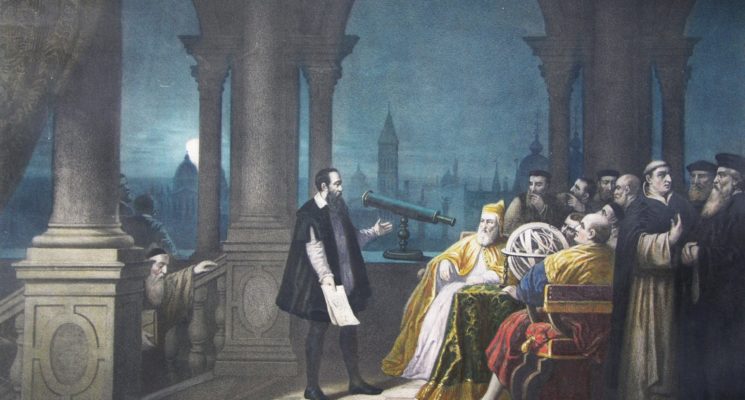
You can please everyone: a peace plan for David Wootton and Steven Shapin
David Wootton’s The Invention of Science (Allen Lane, 2015) is witty and learned and gloriously ambitious, and although I am not convinced that science as we know it came into existence in the seventeenth century, as Wootton argues, I do think that the seventeenth century is the one that lays the strongest claim to hosting…
-

How to write a history of the humanities: A report on a colloquium with Rens Bod and James Turner
On the first of February the early modern historical colloquium on the history of the humanities took place in the fully packed Sweelinck room of Utrecht University. For this extended colloquium the university invited Prof. dr. Rens Bod and Prof. dr. James Turner, two authors of seminal publications on the history of the humanities. Rens…
-

“Alle Hybrides Tellen Mee”: een gesprek met Patricia Faasse
Op de hoek van de Roemer Visscherstraat hangt een plaquette van Aletta Jacobs –een paar meter verder ligt het gebouw waar de eerste vrouwelijke hoogleraar van Nederland rond diezelfde tijd haar eerste wetenschappelijke schreden maakte: Johanna Westerdijk. In wat nu het Owl Hotel heet ontmoet ik Patricia Faasse die over de botanicus en schimmeldeskundige Westerdijk…
-
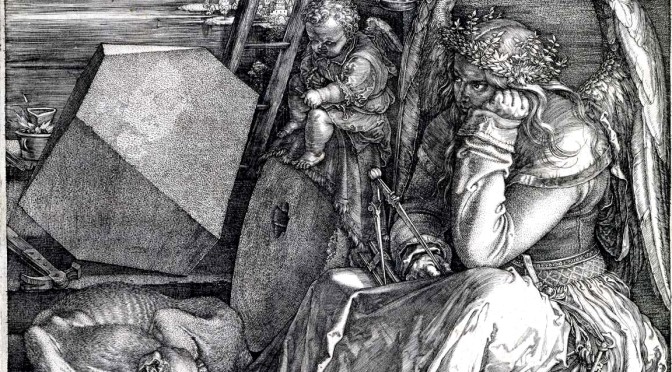
Een pleidooi voor het serieus nemen van de wetenschappelijke revolutie
Historici zijn er tegenwoordig snel bij om kritiek te leveren op het begrip “wetenschappelijke revolutie”. Zij hebben allerlei tegenstrijdigheden en verborgen aannames aan het licht gebracht, maar zijn minder ijverig geweest om uit te leggen in hoeverre het begrip, ondanks die tekortkomingen, nog gebruikt kan worden. Die taak lijkt niettemin nuttiger dan enkel kritiek leveren.…
-
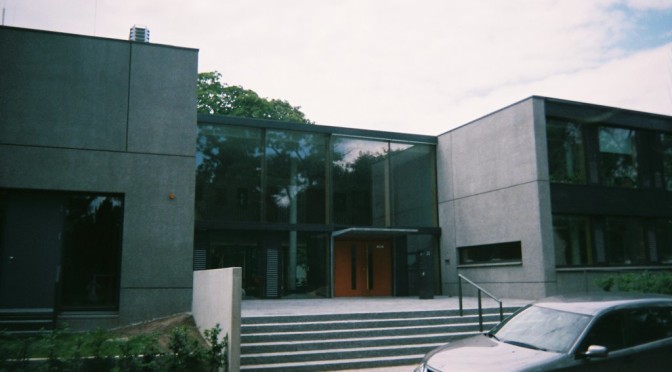
Konnektivität und Verbindlichkeit: An interview with Jürgen Renn , Part II
In Part I of the interview Jürgen Renn, Director at the Max-Planck-Institut für Wissenschaftsgeschichte (MPIWG), spoke about his career and his perception of the relation between science and the history of science. In this sequel he speaks freely about his views on open access. Following the news on the demonstrations of students and professors in…
-
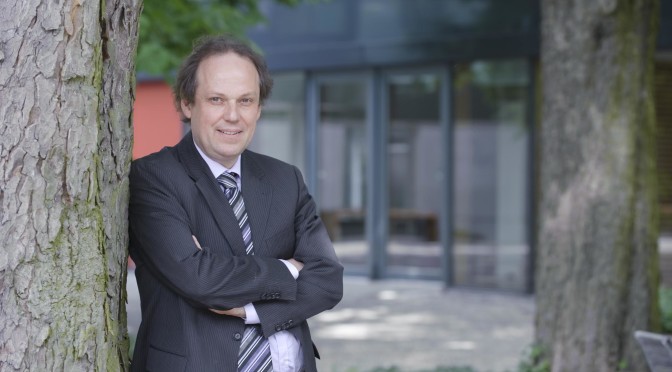
Konnektivität und Verbindlichkeit: An interview with Jürgen Renn
While still working maniacally on my thesis about the reception of Ernst Cassirer’s work on the history of physics, I let the U3 once again drive me to the green and wealthy Dahlem. This time it was for an interview with Jürgen Renn, Director at the Max-Planck-Institut für Wissenschaftsgeschichte (MPIWG). It would be our third…
-
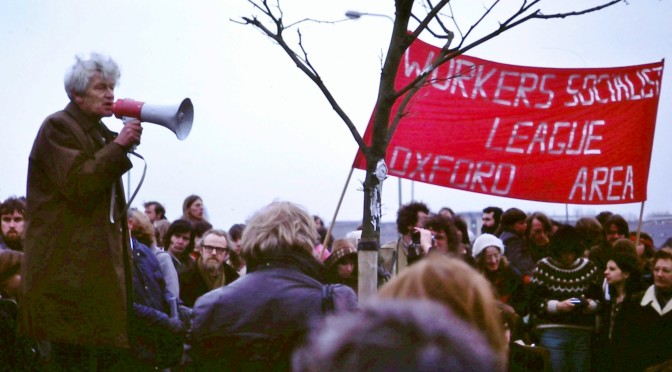
Talking activism & history – part I
Can or should historians be activists? Floor Haalboom and Hans Schouwenburg share their ideas on this dilemma in e-mails which they make available on Shells & Pebbles. October 1, 2015 Dear Hans,
-
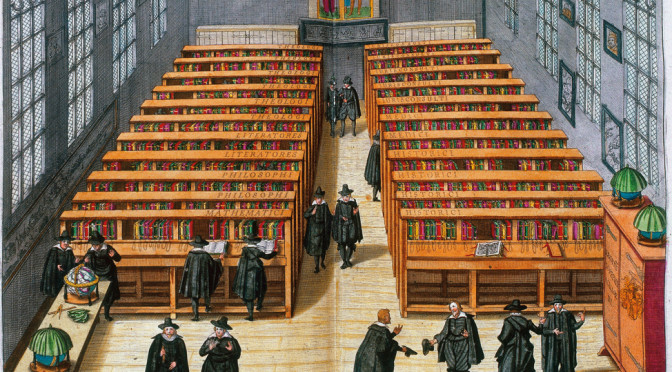
What are/were/will universities be for?
Last week, the purpose and ownership of the university were popular topics at several academic openings of the year throughout the Netherlands. In Twente, the slogan Rethinking the University echoed the recent reformist waves in Dutch academia, while the protests at the University of Amsterdam made clear these currents are anything but dead. Professor Beatrice…
-
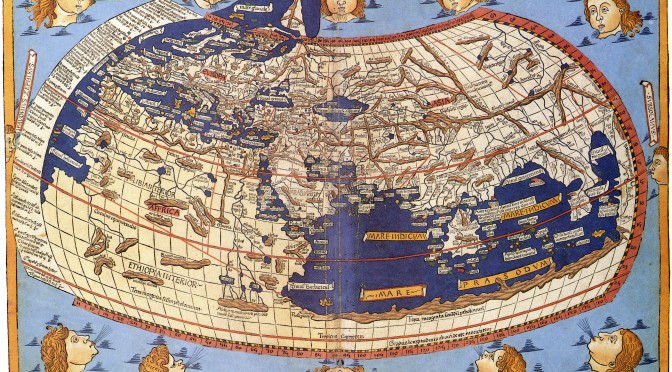
Weinberg, Whiggism, and the World in History of Science
This year, Nobel prize winning physicist Steven Weinberg published a history of Western science up to Newton: To explain the World. The Discovery of Modern Science. Weinberg was an important player in the science wars, voicing his strong intuitions that genuine science transcended history and culture against what he perceived as subversive social constructivism. Now…
-
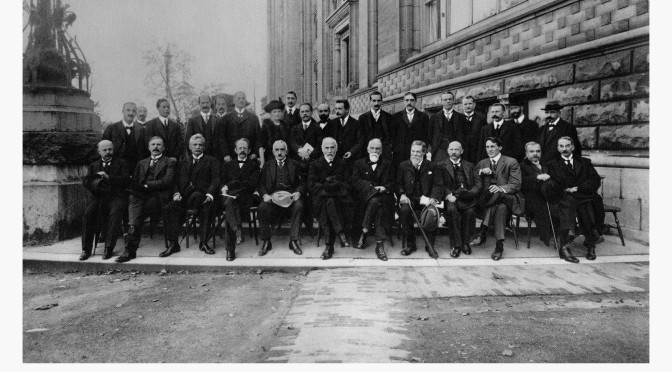
How to Write a History of Scientific Expertise?
What is an expert? Is it someone who possesses specialized knowledge? Or rather someone who is qualified to make rational decisions on sensitive social issues, a technocrat perhaps? Is it someone with great technical skills, who uses these skills professionally? For historians, the different markers used to typify a class of ‘experts’ pose considerable difficulties.…
-
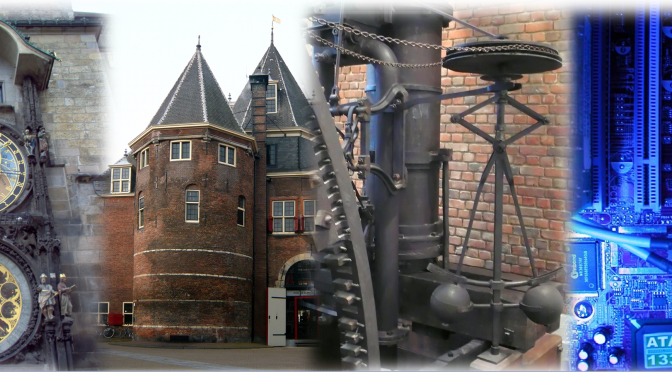
Mediating machines: a proposal for a big picture of the history of science
Over the last few decades there have been several calls for a ‘big picture’ of the history of science. The gradual fragmentation – or even dismissal – of older grand narratives, accelerated by the cultural turn, is increasingly seen as problematic. There is a general need for a concise overview of the rise of modern…
-
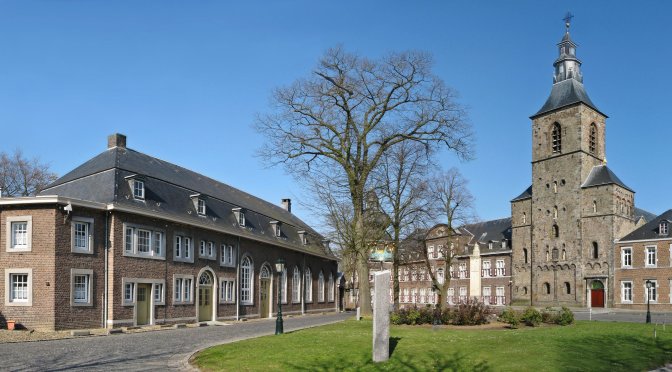
The Rolduc Conference: A Postmortem
The fifth edition of the History of Science PhD-conference in Rolduc showed that projects currently carried out under the banner ‘history of science’ are remarkably diverse in character. Chronologically, participants covered the period between the Carolingian Renaissance (eight century) to the present, while subjects of research ranged from the work of Christiaan Huygens to the…
-
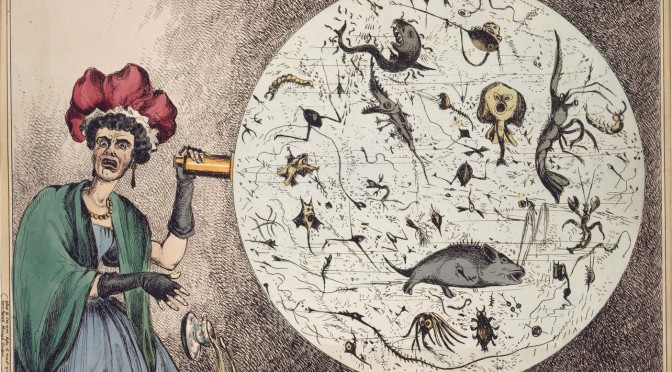
Activist history of science and its philosophical implications
Hans Schouwenburg does not seem to be on his own in his ‘emotional call to arms’ for history of science activism. Although all participants took a plane to get to the latest meeting of the History of Science Society in Chicago (6-9 November, 2014), socially engaged history of science was a remarkably present theme. Several…
-
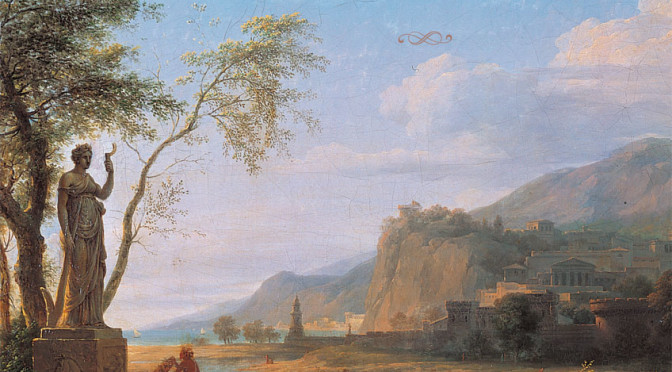
Garlic, magnets, Roman science: a review of Daryn Lehoux, What Did the Romans Know?
In order to keep in touch with what happens in historiography, I sometimes spend a few days reading the introductions of recent historical publications. In a relatively efficient way, it gives me the comfortable feeling that I am still aware of what historians claim they are doing. Sometimes, however, I remind myself to read the…
-

Climate Change and History of Science: An Emotional Call to Arms!
By Hans Schouwenburg In response to the global People’s Climate March on September 21, 2014, Shells and Pebbles editor Hans Schouwenburg walks you through the history of the debate about man-made climate change. He concludes that historians of science should take their responsibility and assist their colleagues in the natural sciences in work and deed.
